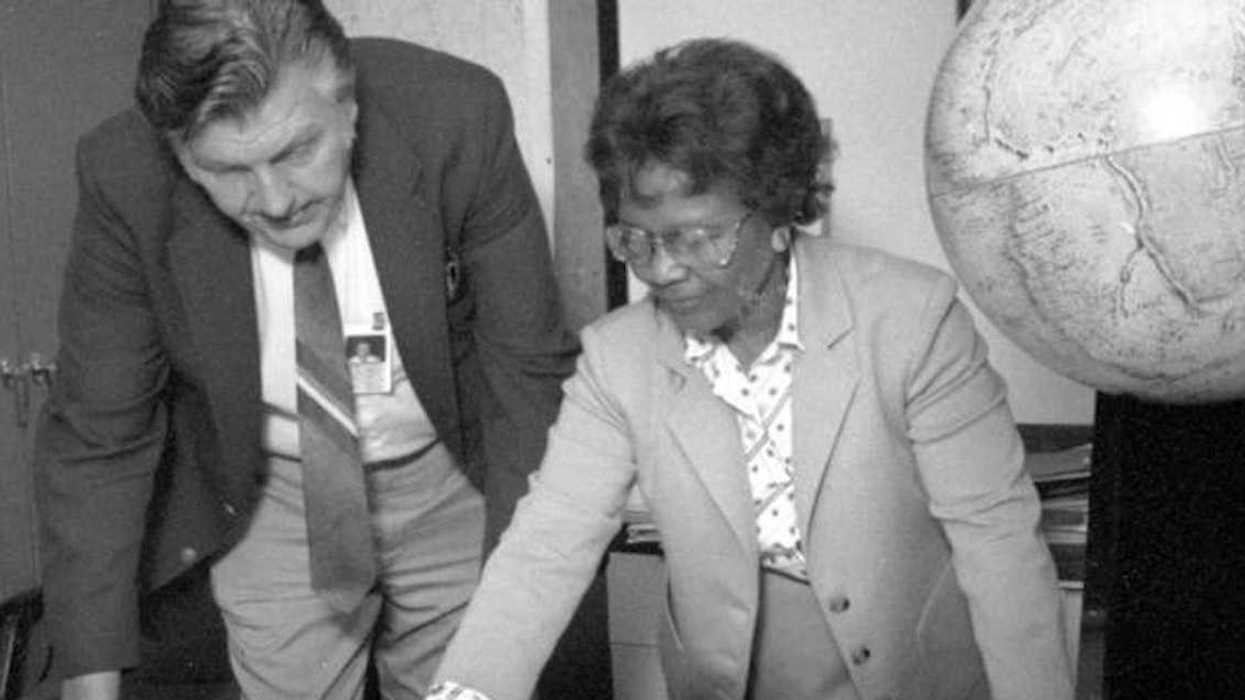It didn’t take a startling expose about mismanaged sexual assault claims for women to know that Uber is not the most female-friendly service in this, our sharing economy. But when BuzzFeed News got a hold of some leaked screen shots from Uber’s internal customer support interface, seeing the words “rape” and “sexual assault” appear more than 10,000 times in the “Subject” field of the search query window was still a sickening experience. Uber executives said some untrue things about how their Zendesk database locates search terms – which they later admitted were literally “imperfect and fictitious” – and decried the figures as “highly misleading.”
But aside from any leaked-data style smoking guns, one former Boston-based driver had seen enough in his own car to know that ride share services run the risk of being predator playgrounds. So the man, named Michael Pelletz, decided to create a female-run, fully female-staffed alternative exclusively for women and children. It’s called Chariot for Women, and it launches on April 19.
Pelletz was working long shifts to support his wife and children when, after one particularly tense experience with a belligerent male passenger that ended in him hailing a cop on the side of the road, he realized that female drivers and passengers were at potentially high risk of being attacked in ride-share environments. If he, a full-grown adult male, was frightened, what must a 23-year-old woman trying to make some extra cash feel like when some drunk asshole comes barreling into her car at 2 am?
Drivers for Chariot must be women, and must all be thoroughly background checked before being allowed to take passenger requests. The security protocols for rider and driver verification seem pretty rigorous, too. When a driver starts her shift she must answer a random security question that changes daily to verify her identity, and when a ride is requested, a “safe word” appears on both the driver and the customer’s phones. If the driver gives the passenger the correct word the ride can begin. If not, the passenger knows not to get in that car. And, like other ride share services, riders will see a photo of the driver along with the make, model and license plate number of their incoming car.
While Chariot was conceived of by Pelletz, he did promise a female-run enterprise, so the company’s president is his wife, Kelly. Kelly Pelletz is a former nurse, and she came up with the plan to divert 2 percent of all ride profits to local and national charities that benefit women. When riders get in the car, a popup in the app will display 10 charities that rotate each month. Passengers choose their preferred charity and the money goes straight to them.
With so many car sharing services available, it might be hard for Chariot to explode out of the gate like its Dark Overlord counterpart Uber did back when it launched in 2009. There’s Lyft. San Francisco has its own commuter-focused service called Chariot already, and Sidecar gave up the fight at the end of last year, ceasing operations in December.
But Chariot for Women does have the advantage of catering to a very specific demographic, and its entire pitch is rider safety, which is a pretty good one! The triggers that this could avoid for sexual assault survivors and peace of mind it could give to parents putting their children in cars – not to mention women generally who are getting into cars after dark – seems substantial. So here’s hoping that Chariot can make a dent in the profit margins of the more, let’s say, established parties in the on-demand driver game.
















 Otis knew before they did.
Otis knew before they did.